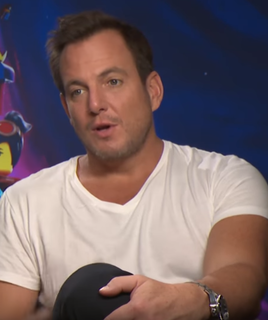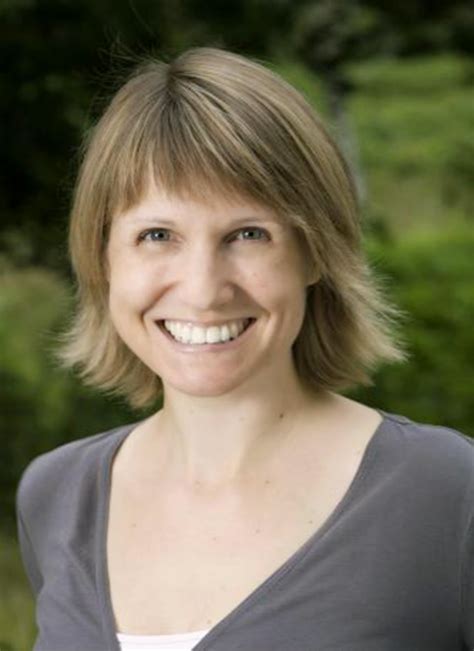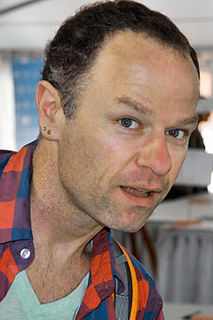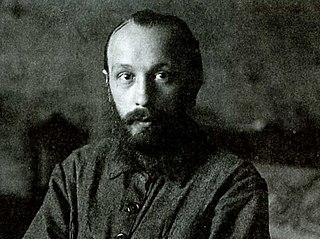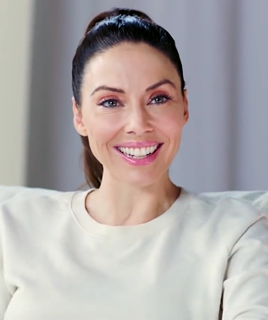A Quote by Christina Baldwin
Forgiveness is the act of admitting we are like other people. We are prone to make mistakes that cause confusion, inflict pain, and miscommunicate our intentions ... The only choice we have is to reconcile ourselves to our own flaws and the flaws of other people, or withdraw from the community.
Related Quotes
Finding a way to extend forgiveness to ourselves is one of our most essential tasks. Just as others have been caught in suffering, so have we. If we look honestly at our life, we can see the sorrows and pain that have led to our own wrongdoing. In this we can finally extend forgiveness to ourselves; we can hold the pain we have caused in compassion. Without such mercy, we will live our own life in exile.
We meditate alone but live our lives with other people; a gap is inevitable. If our path is to lead to less suffering, nd much of our suffering is with other people, then perhaps we need to reexamine our sole commitment to these individual practices... As our individual pracitce deepens, it may yiled true ease. But whether we practice meditation in seclusion or independently alongside other meditators at a meditation group or retreat, individual meditation approaches the confusion and pain of our relational lives only indirectly.
A stranger can see in an instant something in you that you might spend years learning about yourself. How awful we all are when we look at ourselves under a light, finally seeing our reflections. How little we know about ourselves. How much forgiveness it must take to love a person, to choose not to see their flaws, or to see those flaws and love the person anyway. If you never forgive you’ll always be alone.
It becomes 'one's own' only when the speaker populates it with his own intentions, his own accent, when he appropriates the word, adapting it to his own semantic and expressive intention. Prior to this moment of appropriation, the word does not exist in a neutral and impersonal language (it is not, after all, out of a dictionary that the speaker gets his words!), but rather it exists in other people's mouths, in other people's contexts, serving other people's intentions: it is from there that one must take the word, and make it one's own
Forgiving someone does not mean you condone their behavior. The act of forgiveness takes place in your own mind. It really has nothing to do with the other person. The reality of true forgiveness lies in setting ourselves free from holding on to the pain. It is simply an act of releasing yourself from the negative energy.
When reputable scientists correct flaws in an experiment that produced fantastic results, then fail to get those results when they repeat the test with flaws corrected, they withdraw their original claims. They do not defend them by arguing irrelevantly that the failed replication was successful in some other way, or by making intemperate attacks on whomever dares to criticize their competence.
If I had to give you one piece of advice, it would be this: don’t be intimidated by other people’s opinions. Only mediocrity is sure of itself, so take risks and do what you really want to do. Seek out people who aren’t afraid of making mistakes and who, therefore, do make mistakes. Because of that, their work often isn’t recognized, but they are precisely the kind of people who change the world and, after many mistakes, do something that will transform their own community completely.



